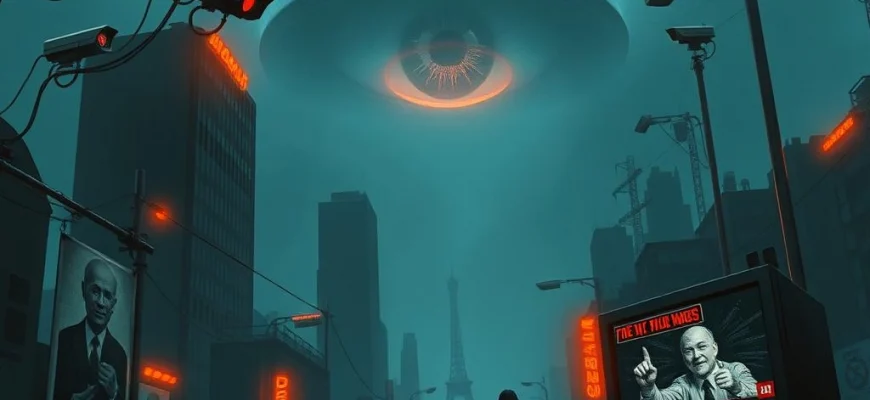If you were captivated by the dystopian world of 'Nineteen Eighty-Four' (1984), you'll love these 10 similar movies and shows that explore themes of surveillance, totalitarianism, and rebellion. This article is perfect for fans of thought-provoking sci-fi and political thrillers who want to dive deeper into the genre.
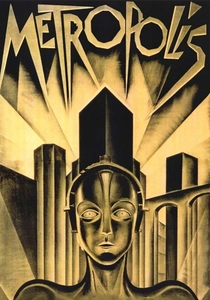
Metropolis (1927)
Description: A silent film depicting a futuristic city divided between the wealthy elite and the oppressed working class. The story highlights themes of industrialization, class struggle, and the dehumanizing effects of technology.
Fact: The film's visual style and themes have influenced countless sci-fi works. The iconic robot Maria was one of the first cinematic depictions of a humanoid robot.
 Watch Now
Watch Now 
The Trial (1962)
Description: A surreal and Kafkaesque story about a man arrested and prosecuted by an opaque, bureaucratic authority for an unspecified crime. The film captures the absurdity and terror of living under an incomprehensible and omnipresent system of control.
Fact: The film is based on Franz Kafka's unfinished novel, published posthumously in 192Director Orson Welles considered it his best work, despite its mixed reception at the time.
 Watch Now
Watch Now 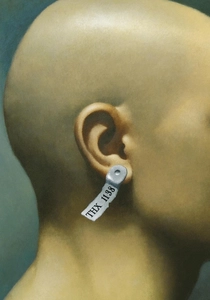
THX 1138 (1971)
Description: A dystopian film where citizens are controlled through mandatory sedation and omnipresent surveillance. The narrative explores themes of individuality, rebellion, and the dehumanizing effects of a hyper-regulated society.
Fact: George Lucas's first feature film, expanded from his student short. The title was later used as license plate numbers in other Lucas films, like 'American Graffiti' and 'Star Wars.'
 Watch Now
Watch Now 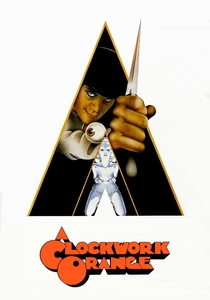
A Clockwork Orange (1971)
Description: A disturbing vision of a future where youth violence is rampant, and the government employs extreme psychological conditioning to maintain order. The film critiques state control, free will, and the ethics of behavioral modification.
Fact: The film's unique slang, 'Nadsat,' is a mix of Russian, Cockney rhyming slang, and invented words. The provocative content led to the film being banned in several countries for years.
 Watch Now
Watch Now 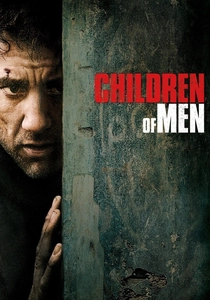
Children of Men (2006)
Description: Set in a bleak future where humanity faces extinction due to global infertility, the film portrays a society on the brink of collapse, rife with authoritarianism, refugee crises, and societal decay. The narrative underscores themes of hope and resistance amidst despair.
Fact: The film features several long, uninterrupted takes, including a famous six-minute sequence shot inside a moving car. The dystopian world is depicted with meticulous attention to detail, using real-world locations to enhance its authenticity.
 Watch Now
Watch Now 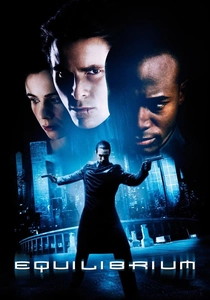
Equilibrium (2002)
Description: Set in a future where emotions are suppressed to prevent conflict, the film follows a enforcer who begins to question the regime. It explores themes of state control, the suppression of individuality, and the power of human emotion.
Fact: The film's action sequences are inspired by a fictional martial art called 'Gun Kata,' which combines gunplay with hand-to-hand combat. The dystopian society is visually stark, with a monochromatic color palette emphasizing its emotional sterility.
 Watch Now
Watch Now 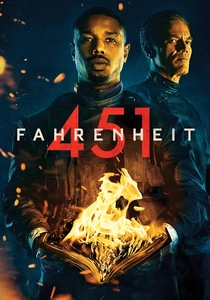
Fahrenheit 451 (2018)
Description: A dystopian tale where books are banned and 'firemen' burn any that are found. The story critiques censorship, the suppression of dissenting ideas, and the dangers of an illiterate, complacent society.
Fact: The title refers to the temperature at which paper burns. The original 1953 novel by Ray Bradbury was inspired by the McCarthy era and the rise of television as a dominant medium.
 Watch Now
Watch Now 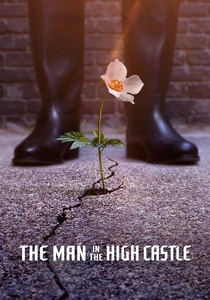
The Man in the High Castle (2015)
Description: An alternate history where the Axis powers won World War II, leading to a divided and oppressed America. The series explores themes of resistance, propaganda, and the psychological toll of living under fascist regimes.
Fact: The show is based on Philip K. Dick's 1962 novel. The production design meticulously recreates a world where Nazi and Japanese imperial aesthetics dominate American culture.
 Watch Now
Watch Now 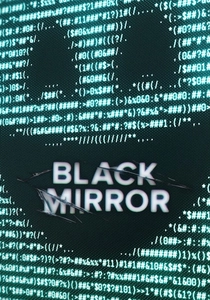
Black Mirror (2011)
Description: An anthology series that examines the dark side of technology and its potential to manipulate, control, and dehumanize society. Each episode presents a standalone story, often highlighting themes of surveillance, government overreach, and the erosion of privacy.
Fact: The title 'Black Mirror' refers to the dark, reflective screens of devices like smartphones and TVs. Creator Charlie Brooker initially conceived the show as a way to explore the unintended consequences of modern technology.
 Watch Now
Watch Now 
The Handmaid's Tale (2017)
Description: A dystopian narrative that explores themes of totalitarian control, loss of personal freedoms, and the subjugation of women under a theocratic regime. The story delves into surveillance, propaganda, and the psychological impact of living under oppressive rule.
Fact: The series is based on Margaret Atwood's 1985 novel of the same name. The red cloaks and white bonnets worn by the Handmaids have become iconic symbols of protest in real-life women's rights movements.
 Watch Now
Watch Now 
